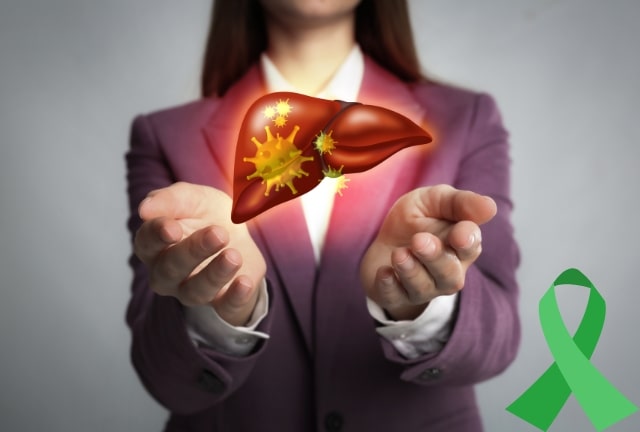Nowadays, many people are unfortunately suffering from liver cancer, which is very harmful to health and even life-threatening in severe cases. Therefore, people should detect and treat liver cancer early, so that there is the best time for treatment. So, what are the early symptoms of liver cancer? What is the best food to eat for liver cancer? Let’s take a look.
Early Symptoms of Liver Cancer
- Significant Decrease in Appetite
Patients with early liver cancer will experience symptoms of loss of appetite, abdominal distension, indigestion, and sometimes nausea and vomiting. People with such symptoms should be vigilant. - Liver Pain
There may be persistent or intermittent pain in the liver area, which may sometimes be aggravated by changes in body position. It may radiate to the back or right shoulder. Advanced liver cancer may suddenly cause severe abdominal pain and peritoneal irritation, often resulting from necrosis of the tumor nodules or bleeding into the abdominal cavity. At this time, patients often go to the emergency room with symptoms of acute abdomen. - Systemic Failure
Symptoms may include severe fatigue, weight loss, progressive anemia, and edema. - Jaundice, Ascites, and Skin Itching
Jaundice is common in about 1/3 of liver cancer cases. It results from the tumor invading the main bile duct or metastatic cancer compressing the extrahepatic bile duct. Ascites, or fluid accumulation in the abdomen, often occurs due to liver cirrhosis or cancer invasion into the vein. Skin itching is also a common symptom. - Bleeding
This often manifests as nosebleeds and subcutaneous bleeding, primarily due to liver tissue destruction and liver failure. Portal hypertension can lead to esophageal and gastric varicose vein rupture and bleeding. Cancerous tissue invading the bile duct can also cause bile duct bleeding. - Hepatomegaly, Splenomegaly, and Fever
90% of liver cancers cause liver enlargement, which is often hard and irregular. Giant liver cancers may deform the liver. Splenomegaly is common in patients with liver cancer and cirrhosis, though metastatic cancer to the spleen is rare. Fever can be a symptom of infection from ischemic necrosis of cancer cells or absorption of necrotic products.
What to Eat for Liver Cancer
- Protein
Protein is essential for the human body and is a key component of most tonic foods. Patients should consume high-protein foods like lean meat, dairy products, beans, and eggs. However, in the late stages of liver cancer, protein intake must be controlled to prevent complications such as hepatic encephalopathy. - Low-Fat Foods
Patients with advanced liver cancer experience severe loss of liver function and bile secretion, impairing fat digestion. A low-fat diet, primarily consisting of vegetable oils and butter, is recommended to avoid side effects such as diarrhea, nausea, vomiting, and bloating. - High-Sugar Foods
Contrary to some beliefs, high-sugar foods can be beneficial for liver cancer patients. Cancer cells can cause rapid energy consumption, and sugar is a main energy source. Therefore, consuming high-sugar foods is acceptable. - Vitamins
Vitamins help the body fight cancer. Liver cancer patients should consume more fruits, vegetables, animal livers, and other vitamin-rich foods. Green leafy vegetables should make up more than a quarter of their daily diet. - Calming Foods
To address symptoms of pain, which can cause insomnia and a poor mood, patients can be given foods such as bananas and sesame seeds that have calming effects. - Soft Foods
To facilitate digestion and absorption, offer liquid or soft foods. To prevent constipation, include foods that moisturize the intestines and promote bowel movements, and avoid spicy foods. - Control Salt Intake
In advanced liver cancer stages, controlling salt intake is crucial as salt can exacerbate ascites symptoms.
Summary:
Through the above reading, I believe everyone has a detailed understanding of the early symptoms of liver cancer. The early symptoms are often not obvious, leading patients to mistake them for other minor illnesses and miss the best time for treatment. It is important to recognize the early symptoms of liver cancer as outlined in this article.


